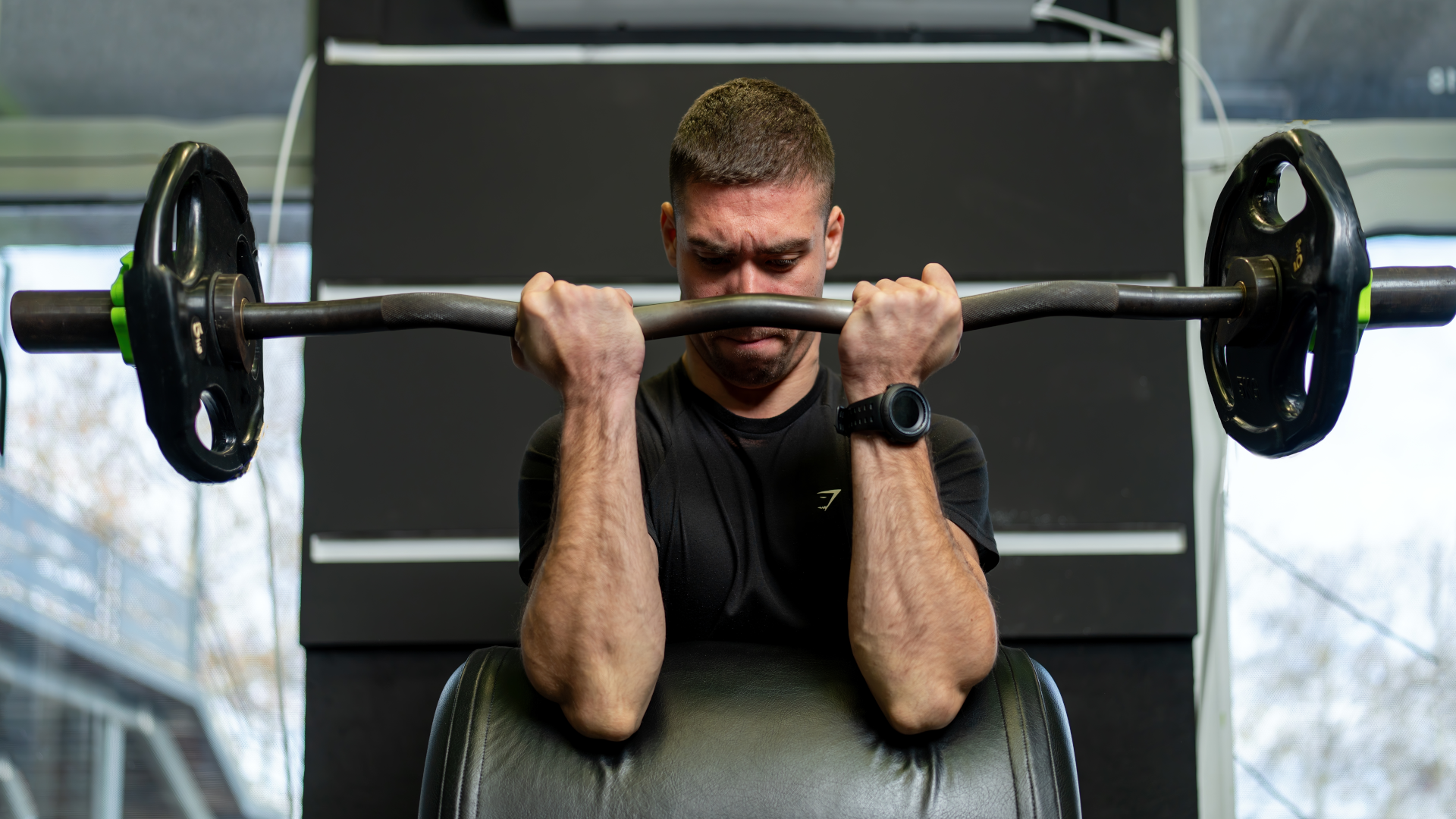Does more muscle mean more strength? A new study gives a clear-cut answer
It seems more muscle is the golden ticket to staying strong


Get all the latest news, reviews, deals and buying guides on gorgeous tech, home and active products from the T3 experts
You are now subscribed
Your newsletter sign-up was successful
You’d be forgiven if you thought someone with massive arms was super strong. After all, when you get stronger it’s because your muscles are getting bigger, right? Not necessarily.
While strength can correlate to muscle size, there are other factors at play, too, like neural adaptations (simply put, your brain and nerves have gotten better at using them).
However, a pre-print study by Loughborough University has given us a more definite answer, and it strongly suggests that muscle size plays a key role in how much strength a person gains.
The study
The pre-print study (meaning it has not yet been reviewed) looked at how changes in muscle size and muscle activation are related to strength after resistance training. Thirty-nine healthy young men who had not trained before took part in lower-body resistance training, which included leg curls, leg press and leg extension – three times a week, over 15 weeks.
The researchers measured three things before and after training:
- Leg strength – testing their one rep max and isometric maximum voluntary torque
- Muscle size – using an MRI scan to measure the volume of the quads
- Muscle activation – using surface EMG (sEMG), which tracks how well the nervous system activates the muscles during exercise
The results

The researchers found that all measurements improved significantly after training; participants experienced roughly a 13% increase in quadriceps muscle size. Their strength improved by about 22% in the isometric test and 29% in the one-repetition maximum test. The data showed there was a strong connection between how much the participants' muscles grew and how much stronger they became.
On the other hand, improvements in the nervous system’s capacity to activate muscles showed only a moderate connection to strength increases. When researchers examined both muscle growth and neural activation simultaneously, muscle growth emerged as over five times more influential in predicting strength improvements.
Get all the latest news, reviews, deals and buying guides on gorgeous tech, home and active products from the T3 experts
Overall, the study revealed that muscle growth is a key factor driving strength improvements, more so than changes in the nervous system’s ability to activate muscles, highlighting the importance of hypertrophy-focused training for continued progress in strength.

Bryony’s T3’s official ‘gym-bunny’ and Active Staff Writer, covering all things fitness. She is a certified personal trainer and also a part-time fitness instructor. In her spare time, you will find her in her natural habitat - the gym - where her style of training is a hybrid of bodybuilding and powerlifting. Bryony loves writing about accessible workouts, nutrition and testing innovative fitness products that help you reach your fitness goals and take your training to the next level.
You must confirm your public display name before commenting
Please logout and then login again, you will then be prompted to enter your display name.